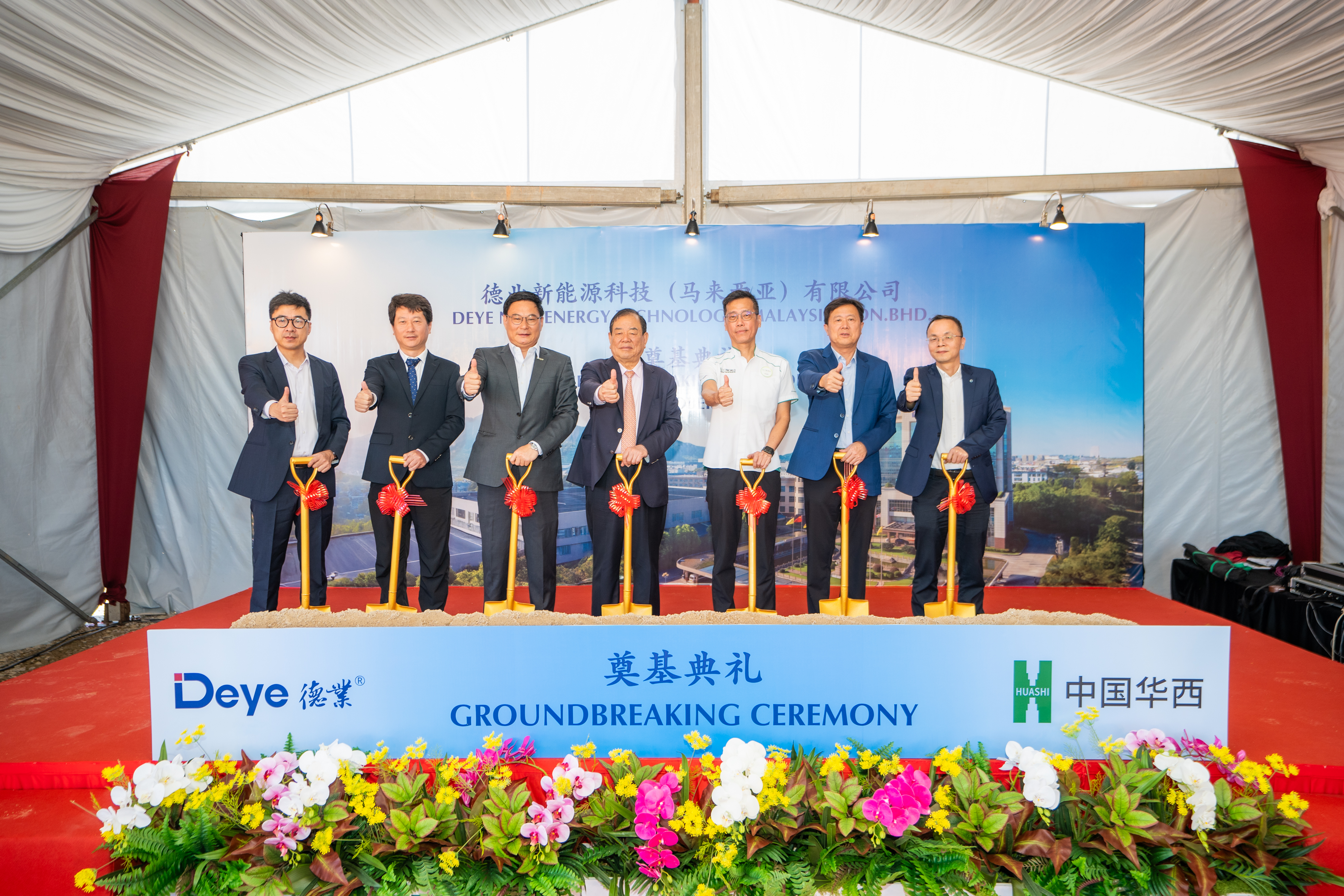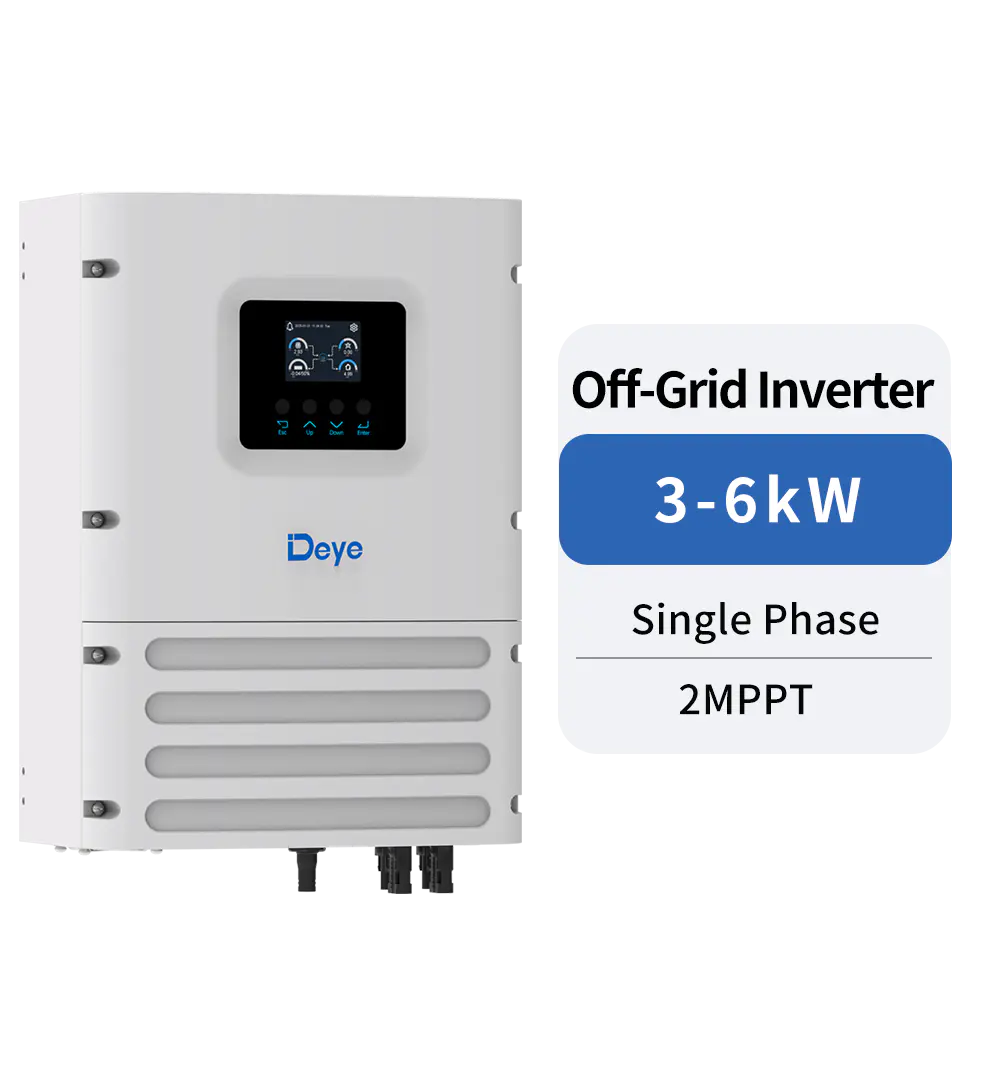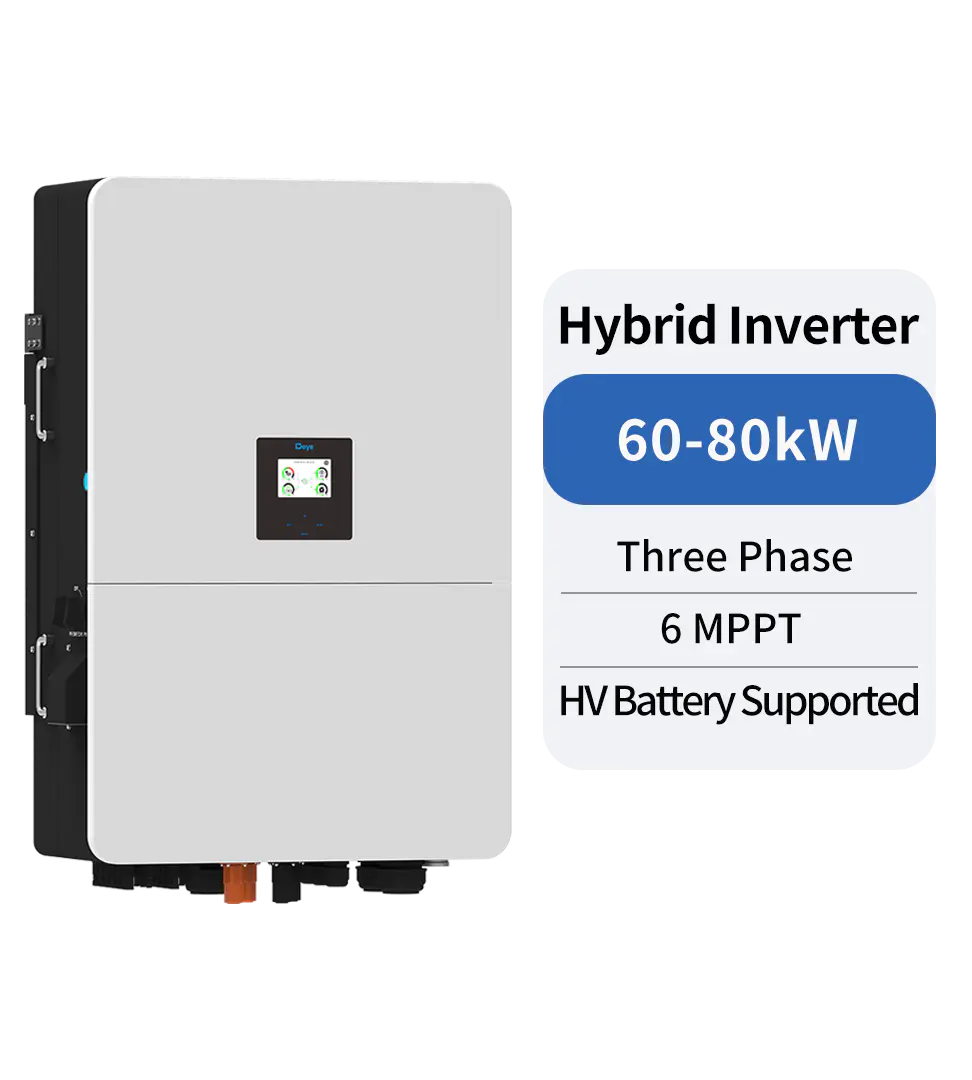Technical Topics
Choosing the Right Micro-Inverter for Your Solar PV Harvesting Project
Choosing the right solar micro-inverter is crucial to the success of your solar PV project. It has the power to improve reliability, isolate equipment failures, and cost effectively integrate solar PV into your power generation system.
Grid-tied vs stand-alone inverters
Whether you're building a new home or remodeling an existing one, you have several options when choosing a solar system. The two main choices are grid-tied and stand-alone micro-inverters. While both systems offer benefits, there are some important differences between them.
Grid-tied systems are more commonly used for linking a few solar panels. The advantages include a lower up-front cost and less maintenance. In addition, they can generate a higher amount of power. They're also the easiest to integrate. However, they don't offer the same amount of flexibility as stand-alone systems.
Stand-alone systems are better for energy self-sufficiency. These systems include a small battery backup, which allows you to power your critical circuits when the local power grid is down. Depending on your needs, you may need a battery bank for up to five days. They typ ically feature heavy batteries and custom-designed battery rooms.
ically feature heavy batteries and custom-designed battery rooms.
 ically feature heavy batteries and custom-designed battery rooms.
ically feature heavy batteries and custom-designed battery rooms.Stand-alone systems are typically more expensive than grid-tied systems. They also require more labor. Micro-inverters, on the other hand, have industry-standard DC connectors. They're also more energy efficient, and they're often recommended for more home solar projects.
Isolate equipment failures
Unlikely your micro-inverter is the aforementioned. A better bet would be to swap out the old girl for a new guy in the sandbox. Despite this, a full battery replacement would be the better option if you are going for the big bucks. Considering the micro-inverter is a low-key affair, it would be a wise move to engage a pro. Besides, this is where you can get a better deal on the micro-inverter. It is no secret that the micro-inverter is a bit of a finicky fav. Luckily, the micro-inverter has a nifty and nifty name in chief. Fortunately, your micro-inverter isn't the 1st micro-inverter in town.
Improve reliability of solar PV harvesting
Using micro-inverters to improve reliability of solar PV harvesting is a relatively new concept. These devices have several advantages over conventional inverters. They can operate in a wide range of temperatures, from -40degC to 85degC, and offer increased durability and longevity. They can also be used to simplify system design and maintenance.
Micro-inverters are relatively new, but they are starting to find wide application in commercial solar PV applications. They can improve reliability of solar PV harvesting by eliminating the risk of system power output reduction, which can be caused by a variety of factors. They also have the ability to harvest optimum power from connected PV modules and transmit it to the grid. They can be used in residential and commercial applications, resulting in increased energy harvest and lower cost per harvested watt.
Micro-inverters can also improve reliability of solar PV harvesting by eliminating one of the major sources of failure in PV systems - electrolytic capacitors. Electrolytic capacitors degrade in great rooftop conditions, and they can reduce the power output of a PV system.
Cost-effectiveness
Unlike traditional string inverters, micro-inverters have the ability to convert alternating current (AC) to direct current (DC) and isolate the output of each solar panel. This approach eliminates the need for high-power loads, cooling systems, and facilities required for a central inverter system.
Micro-inverters also allow for a more cost-effective approach to building solar systems. These systems allow for the expansion of a solar system without adding a new inverter. They are also very useful for small systems and difficult roofs.
Micro-inverters are highly efficient solar energy conversion systems. They offer a five to fifteen percent increase in the amount of electricity a solar panel can produce. Moreover, micro-inverters can be used for monitoring each panel's performance. They also provide for increased system reliability.
Micro-inverters are a great alternative to string inverters. They are designed to provide highly efficient conversion and maximize the output of each individual panel. They also minimize the effect of shading, snow, and partial shading. They also allow for monitoring in real time over the internet.
PREV:Choosing a Microinverter
NEXT:How Inverters Work
Share
Product recommendations
news recommendations
-

-
 Green Industry, Bright Future: Deye Distributor Summit – Dubai 2025 Concludes Successfully
Green Industry, Bright Future: Deye Distributor Summit – Dubai 2025 Concludes SuccessfullyIn November 2025, Deye Group successfully hosted the “Green Industry, Bright Future—Deye 2025 Dubai ...
-
 Deye’s Malaysia Johor Manufacturing Base Officially Breaks Ground — A Key Step Forward in Its Globalization Strategy
Deye’s Malaysia Johor Manufacturing Base Officially Breaks Ground — A Key Step Forward in Its Globalization StrategyOn October 2, 2024, Deye Group (hereinafter referred to as “the Company”) held a groundbreaking cer...

 China - 简体中文
China - 简体中文 Global - English
Global - English Brazil - Português
Brazil - Português Netherlands - Dutch
Netherlands - Dutch Italy - Italiano
Italy - Italiano Germany - Deutsch
Germany - Deutsch Spain - Español
Spain - Español France - Français
France - Français Vietnam - Tiếng Việt
Vietnam - Tiếng Việt Poland - Polski
Poland - Polski Australia - English
Australia - English Japan - 日本語
Japan - 日本語


